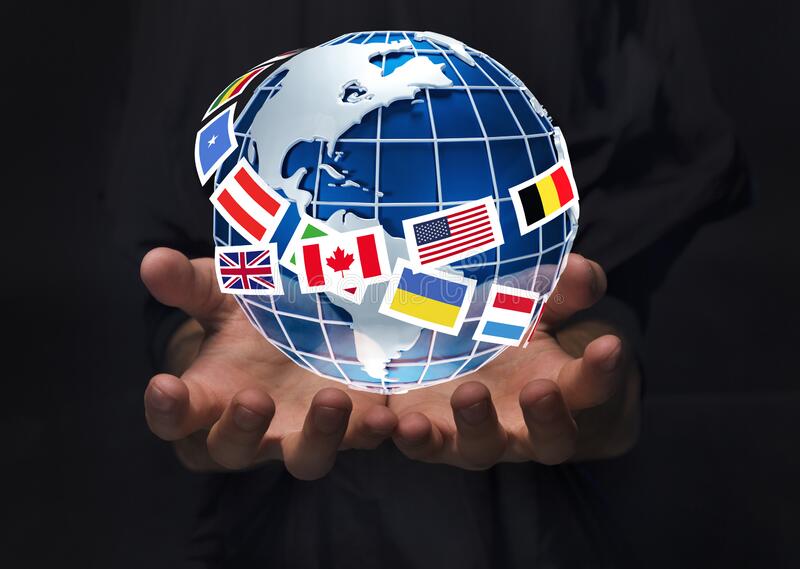Today’s global business landscape requires effective communication across languages. Whether expanding into new markets, collaborating with international partners, or serving a diverse customer base, finding an exemplary translation service makes all the difference. The following factors should be considered when choosing a translation service,
- Quality of translations – Look for providers that employ native speakers and subject matter experts. This approach emphasizes cultural nuance in translation, ensuring the final product resonates with the intended audience.
- Range of services – Consider providers that offer a comprehensive suite of services beyond basic translation. These may include:
- Localization
- Interpretation (both simultaneous and consecutive)
- Transcription
- Subtitling and voice-over
- Desktop publishing
- Industry expertise – Different industries have specialized terminology and requirements. Look for a translation service with experience in your specific field. A translator who understands your industry can drastically increase the accuracy of your translations, regardless of industry.
- Technology and tools – Technology is crucial in the modern translation landscape. Identify the tools and software used by potential providers. Some key technologies to look for include:
- Translation Memory (TM) systems
- Computer-assisted translation (CAT) tools
- Terminology management systems
- Quality assurance software
Advanced providers like jinyutranslation often utilize cutting-edge technology to enhance efficiency and maintain project consistency.
- Turnaround time and scalability – Your business needs may fluctuate, so choosing a service that can handle both small jobs and large projects with tight deadlines is essential. Assess the provider’s capacity and ability to scale up when needed. Look for guarantees on turnaround times and ask about their process for handling urgent requests.
- Quality assurance process – A robust quality assurance process is essential for maintaining high standards in translation. Ask potential providers about their quality control measures, such as:
- Multiple rounds of proofreading and editing
- Use of style guides and glossaries
- Native speaker reviews
- Client feedback integration
- Data security and confidentiality – Security is paramount when sharing sensitive business documents for translation. Inquire about the provider’s data protection measures, including:
- Secure file transfer protocols
- Non-disclosure agreements (NDAs)
- Employee confidentiality training
- Compliance with data protection regulations (e.g., GDPR)
- Pricing structure – While cost shouldn’t be the only factor, you should understand pricing structures. Some standard pricing models include:
- Per word
- Per page
- Per hour
- Project-based
Consider different quotes, but avoid meagre prices, as they may indicate subpar quality. Many reputable services offer transparent pricing and customized quotes based on your needs.
Steps to find and evaluate translation services
- Research – Search online for translation services specialising in your required languages and industry. Check out testimonials, case studies, and reviews.
- Request samples – Ask potential providers for samples of their work, particularly in your industry or content type.
- Trial project – Consider starting a small trial project to assess the provider’s quality, communication, and turnaround time.
- Compare quotes – Request detailed quotes from several providers, ensuring all your requirements are included.
- Assess scalability – Discuss the provider’s capacity to handle increased volumes or additional languages in the future.
- Review contracts – Carefully read and negotiate service level agreements (SLAs) and contracts before committing to a provider.
By following this guide and conducting thorough due diligence, you’ll be well-equipped to find a translation service that become a valuable asset in your global business strategy.












